John Griffin, an Oklahoman in his early twenties, newly married and blessed with a beautiful baby was deeply shattered in the 1929 Great Stock Market Crash. Brokenhearted and sad, John packed up his few possessions and headed East with his family. John found a job tending one of the great railroad bridges across the mighty Mississippi.
Day after day John would sit in the control room and direct the enormous gears of the immense bridge over the river. He would watch as the bulky barges and splendid ships glided gracefully under his elevated bridge.
In 1937 John had a new dream in his heart. His young son, Greg, now eight years old developed great interest in his father’s work. To John this brought hope that Greg would follow his father in a future bridge operation career.
One day they packed their lunches and headed toward the immense crossing. Greg looked in wide-eyed amazement as his Dad pressed down the huge lever that raised the vast bridge. His father must surely be the greatest man alive to control the movements of such a stupendous structure.
When noontime arrived John elevated the bridge to allow some scheduled ships to pass through. Then he and his son left the control room and found a place to have lunch.
John told Greg stories of his work at the bridge until a startling reality took place. It was the shrieking whistle of a distant train. The bridge was still raised and the Memphis Express would be at the bridge in minutes.
John calmly instructed Greg to “stay put.” He quickly leaped to his feet, jumped on the catwalk and ran toward the ladder leading to the control house. Once there he searched the river to make sure no ships were in sight. Then, as he was trained, he looked down to be sure everything was all right below the control house. What John saw was devastating. His son had attempted to follow his Dad but fell off the catwalk, wedging his leg between the teeth of two main cogs in the gearbox.
John was faced with an unbelievable decision—to save his son or save the passengers on the approaching train. He thought of how he might get to his son and pull him free. But there was not enough time. The 400 passenger train would soon emerge from the trees and speed across the bridge. Burying his face under his left arm John plunged down the lever. The cries of his son were quickly drowned out by the noise of the bridge grinding into place. In a matter of seconds, the Memphis Express rolled over the bridge.
John lifted up his tear-stained face and looked into the windows of the passing train. He saw a businessman reading the morning newspaper, a uniformed conductor glancing at his vest pocket watch, ladies sipping afternoon tea, a small boy, looking strangely like his son, enjoying a dish of ice cream and many others engaged in idle conversation or careless laughter.
No one even looked John’s way. No one cast a glance at his gigantic gearbox that contained the mangled remains of his son.
In anguish John pounded the glass in the control room. He cried out, “What’s the matter with you people? Don’t you know? Don’t you care? Don’t you know I’ve sacrificed my son for you? What’s wrong with you?”
No one answered. No one heard. No one even looked. Not one of them seemed to care. The train moved rapidly over the waters and disappeared. – Christianity in Crisis-21st Century, vol. 4
This remarkable story deeply moves me. It is a faint glimpse of what God the Father did in sacrificing the Son of His love, Jesus. His sovereign will and purpose and His great love made it all possible. Like those in John’s story we just don’t notice the sacrifice that was made. We just push on with our lives, not really caring at all what God has done for us.
Consider these special truths:
“All we like sheep have gone astray, we have turned everyone unto his own way. And the Lord has laid on Him the iniquity of us all. Isiah 53:6
But He was wounded for our transgression, He was bruised for our iniquities, the chastisement of our peace was upon Him, and by His stripes we are healed.” Isaiah 53:5
For Christ also suffered once for sins, the just for the unjust, that He might bring us to God, being put to death in the flesh but made alive by the Spirit.” I Peter 3:18
“For God so loved the world that He gave His only Son, that whosoever believeth in Him should not perish but have everlasting life.” John 3:16
The question is “Would God save His Son or redeem the world?” The Lord’s crucifixion and resurrection was not to save 400 passengers on the Memphis Express. It was to change the whole world, millions upon millions. Such an unbelievable choice allows us to avoid terrible disaster and safely cross to our heavenly destination.
Till Next Time, Don Johnson, Kirby Pines Chaplain

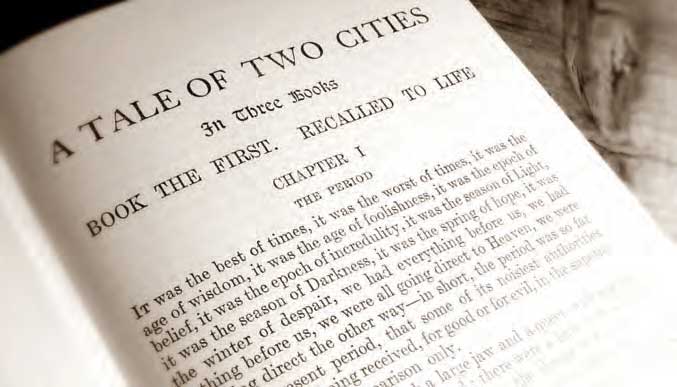
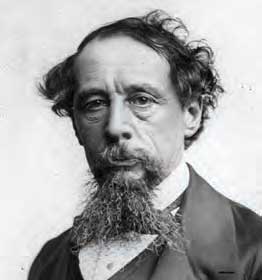
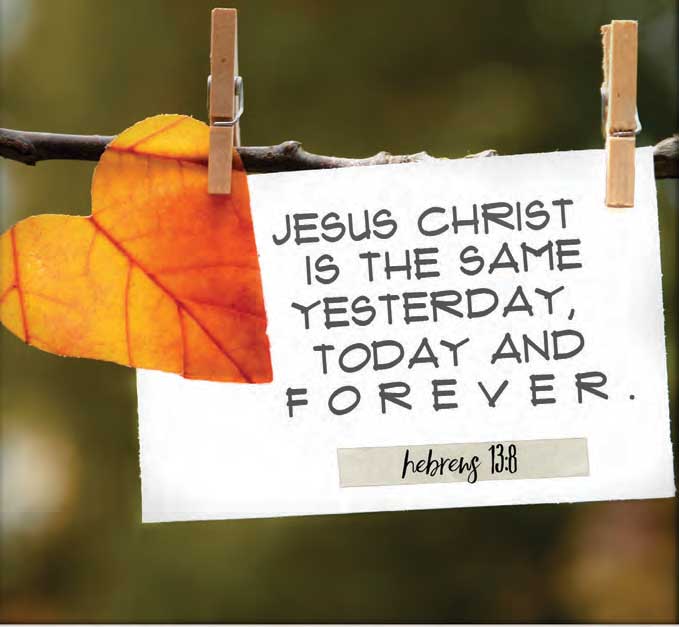
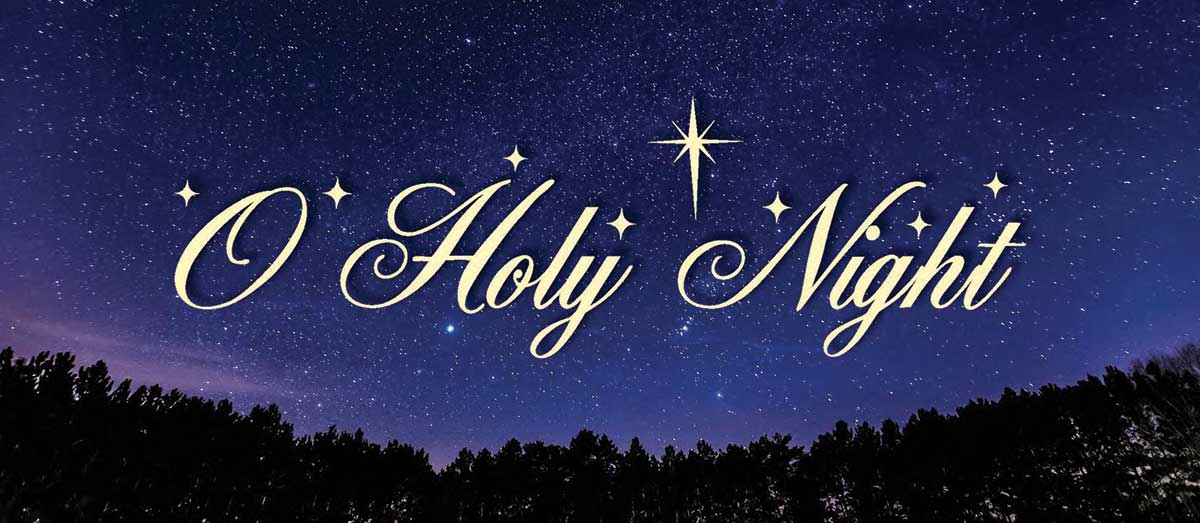
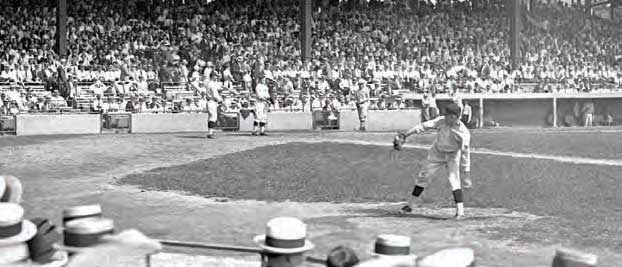
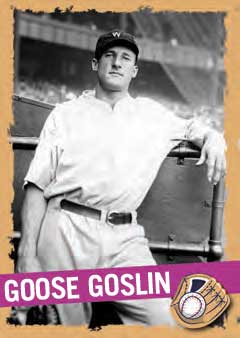 Many years ago one of the most amazing games in the series was played. In 1924 the World Series between the New York Giants and the Washington Senators was tied after six games. Griffith stadium in Washington was packed for the final game on October 10, 1924. They came to the ninth inning with the game score tied at three runs each. New York was put down in order and Washington came to bat. The home team fans screamed for one lone run, which would win the series and the world championship. The first two men made outs and it looked like extra innings. Then a player named Leon “Goose” Goslin came to the plate.
Many years ago one of the most amazing games in the series was played. In 1924 the World Series between the New York Giants and the Washington Senators was tied after six games. Griffith stadium in Washington was packed for the final game on October 10, 1924. They came to the ninth inning with the game score tied at three runs each. New York was put down in order and Washington came to bat. The home team fans screamed for one lone run, which would win the series and the world championship. The first two men made outs and it looked like extra innings. Then a player named Leon “Goose” Goslin came to the plate.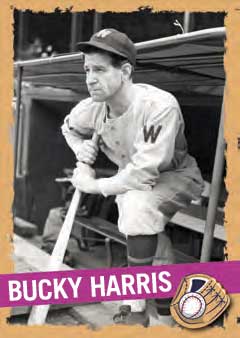 Goslin was slowing down for a triple when the third base coach waved him on to try for an in-park home run. The shortstop took the peg from left-center, and fired the ball to the catcher. Goslin slid into home in a cloud of dust, seemingly a split second before the tag. The catcher followed the routine of throwing the ball around the bases, just in case, while waiting for the umpire to make the call. The umpire made a delayed call, consulting the other umpires, and then cried, “You’re out!”
Goslin was slowing down for a triple when the third base coach waved him on to try for an in-park home run. The shortstop took the peg from left-center, and fired the ball to the catcher. Goslin slid into home in a cloud of dust, seemingly a split second before the tag. The catcher followed the routine of throwing the ball around the bases, just in case, while waiting for the umpire to make the call. The umpire made a delayed call, consulting the other umpires, and then cried, “You’re out!”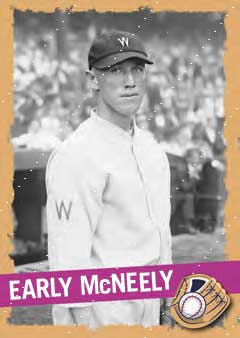
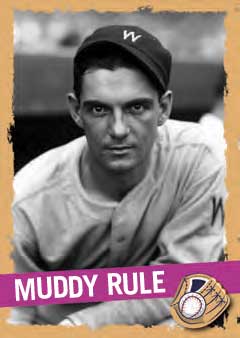 A 20th Century evangelist named Angel Martinez used this story in his sermon, “Play Ball.” First Base represented salvation, Second Base, baptism and church membership, Third Base was Christian service and Home Plate stood for heaven. In his sermon’s conclusion, Martinez, building upon the 1924 Series even said “you can be baptized and join the church and do many good works but if you miss the first base of salvation, you too, will be called out at the home plate of heaven.
A 20th Century evangelist named Angel Martinez used this story in his sermon, “Play Ball.” First Base represented salvation, Second Base, baptism and church membership, Third Base was Christian service and Home Plate stood for heaven. In his sermon’s conclusion, Martinez, building upon the 1924 Series even said “you can be baptized and join the church and do many good works but if you miss the first base of salvation, you too, will be called out at the home plate of heaven.
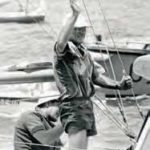
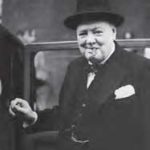
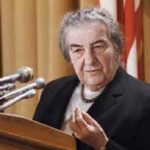


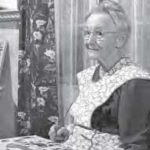
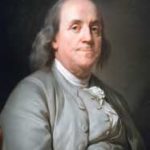
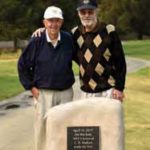
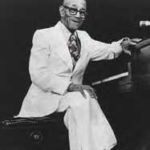
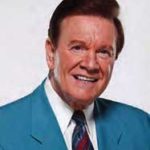

 One day a teacher asked her students to list the names of the other students in the room on two sheets of paper, leaving a space between each name. Then she told them to think of the nicest thing they could say about each of their classmates and write it down… It took the remainder of the class period to finish their assignment, and as the students left the room, each one handed in their papers. That Saturday, the teacher wrote down the name of each student on a separate sheet of paper, and listed what everyone else had said about that individual. On Monday she gave each student his or her list. Before long, the entire class was smiling. “Really?” she heard whispered. “I never knew that I meant anything to anyone!” and, “I didn’t know others liked me so much,” were most of the comments. No one ever mentioned those papers in class again. She never knew if they discussed them after class or with their parents, but it didn’t matter. The exercise had accomplished its purpose. The students were happy with themselves and one another. That group of students moved on.
One day a teacher asked her students to list the names of the other students in the room on two sheets of paper, leaving a space between each name. Then she told them to think of the nicest thing they could say about each of their classmates and write it down… It took the remainder of the class period to finish their assignment, and as the students left the room, each one handed in their papers. That Saturday, the teacher wrote down the name of each student on a separate sheet of paper, and listed what everyone else had said about that individual. On Monday she gave each student his or her list. Before long, the entire class was smiling. “Really?” she heard whispered. “I never knew that I meant anything to anyone!” and, “I didn’t know others liked me so much,” were most of the comments. No one ever mentioned those papers in class again. She never knew if they discussed them after class or with their parents, but it didn’t matter. The exercise had accomplished its purpose. The students were happy with themselves and one another. That group of students moved on.
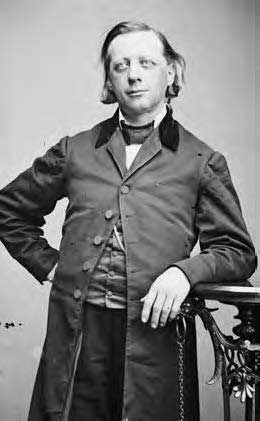

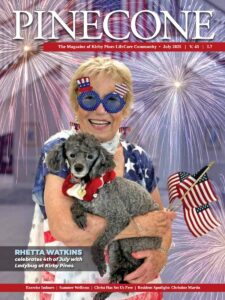

 © 2025 Kirby Pines LifeCare Community. All Rights Reserved |
© 2025 Kirby Pines LifeCare Community. All Rights Reserved | 